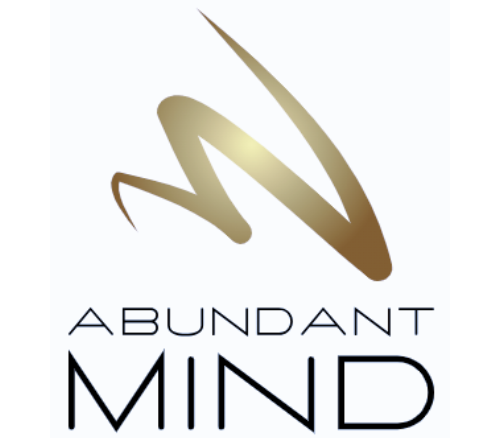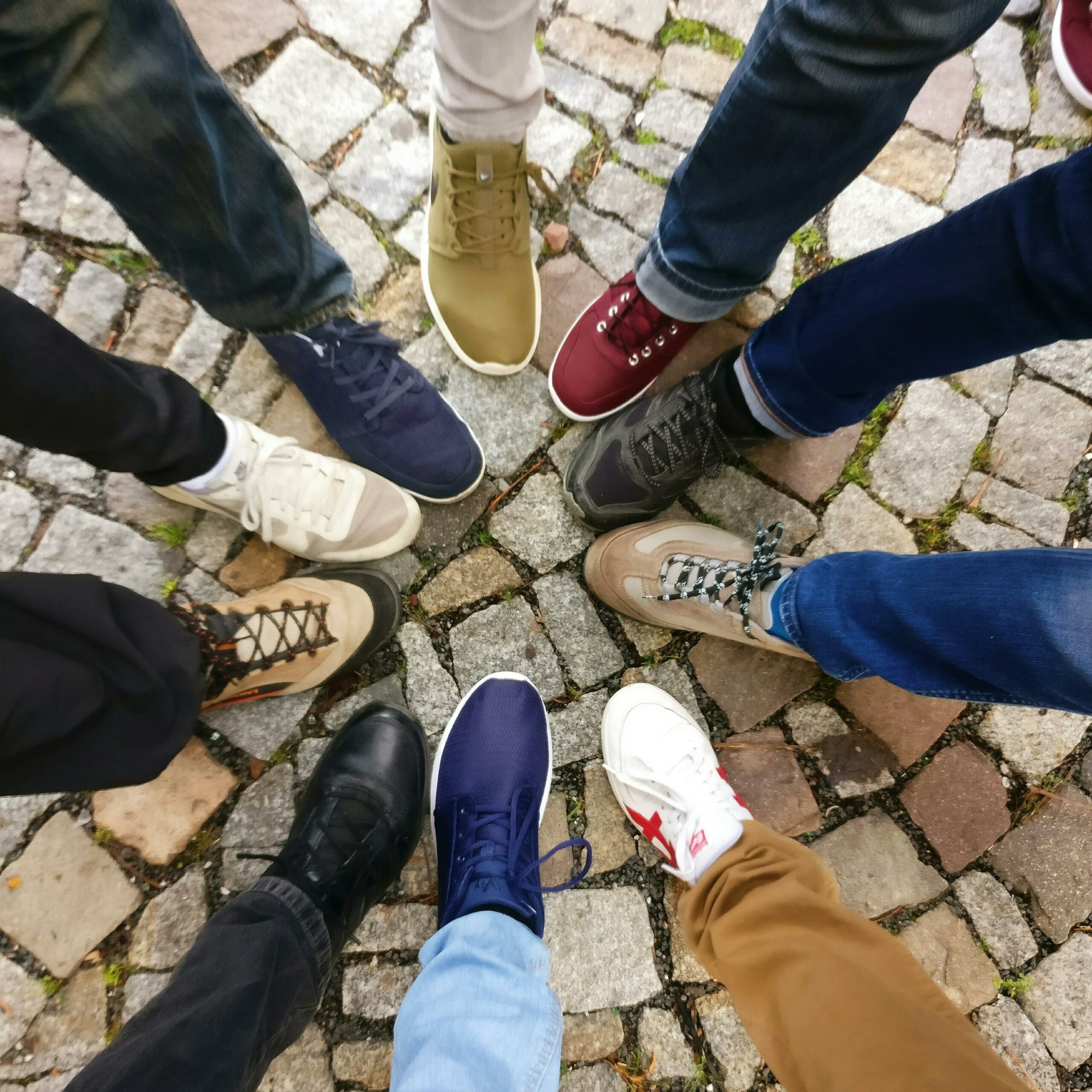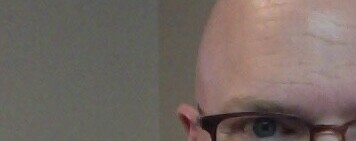Neurodiversity. It’s the concept that variations in the human brain and cognition are natural and should be respected as part of the natural spectrum of human diversity. This includes conditions like ADHD, autism, dyslexia, and others that were once viewed as disorders or disabilities, but are now recognized as unique ways of thinking and perceiving the world. And understanding neurodiversity allows us the exceptional opportunity in embracing differences as opposed to labelling for purposes of omission or segregation.
Historically, neurodivergent individuals were often stigmatized and marginalized, with their differences seen as deficits. This depended, as you can imagine, on the severity or perceived extremity of the diagnosis or symptoms. However, as our understanding of the brain has evolved, so too has our appreciation for the valuable contributions that neurodiverse individuals can make to society. Or in so much as those of us with accepting, open minds exploring more about today’s research and available published findings in the ‘neuroverse‘.
From groundbreaking scientific discoveries to innovative entrepreneurial ventures, neurodiversity has proven to be a powerful asset when embraced and celebrated…although only more so recognized and/or celebrated as such in recent years.
All to say that in my opinion (and I speak for no one except Myself – ever – unless asked to otherwise represent someone else’s viewpoint(s)), recognizing the spectrum of neurological experiences is crucial in creating a more inclusive and equitable world. By understanding and accommodating the diverse needs and strengths of neurodiverse individuals, we can unlock a wealth of untapped potential and foster a richer, more vibrant, well-rounded community of contributors and patrons alike.

Personal Neurodiversity Journey: A Case Study
Here’s the thing; at the age of 44, I was diagnosed with ADHD, OCD, and PTSD. This diagnosis came after a lifetime of challenges, and it was only upon speaking at length with specialists after the diagnosis that we all realized why it took 44 years to discover.
Adaptation. Neuroplasticity. Neurodivergence.
Growing up, I had always felt a bit different. Even today I can still recall numerous situations or conversations (most that were less than positive; which is primarily how our memory works) whereby I was being singled out for not seeing things the way others were seeing them. At the time, many of those situations or conversations were others berating or poking fun at my not giving into the views of others; as theirs was surely the correct viewpoints or opinions.
And so, in the spirit of wanting to be included as much as anyone younger often does, I had learned to adapt and thrive in a world that often didn’t understand my unique way of thinking and perceiving (nor I, it).
During what was ultimately a nearly 1.5 year evaluation process and proposed treatment(s) after the diagnosis, I experienced a range of emotions – from relief to confusion to self-discovery. But I also received guidance that pointed to a range of reasonings behind how my mind had ‘adapted’, essentially, to the environment in which I was immersed in (from family life, to school, to various work spaces and career paths).
I wasn’t necessarily labelled as ‘quirky’ or ‘eccentric’ as some are pre/post diagnosis in the neurodivergent realm, but I loved social situations. So much so, that school work, work work (read ‘Admin Work’) often – or maybe I should authentically say ‘always’ suffered for the sake of what I enjoyed more; that social interaction. Even in testing through school, were I to be engaged and interested in a subject, it wasn’t unheard of for me to rank in the upper or top marks (and I still do this today in my studies), but I struggle with topics that don’t resonate or that I find very little interest in (no matter how important they may be to a greater understanding).
And even that wasn’t just a ‘to be included’ type of situation for me. Still isn’t. The social aspect is nice, but what I craved in that social environment was the opportunity to listen, to share, to learn, to watch others converse; body language, reactions, emotions. I absolutely love that range of the human experience, and the inundation of paperwork or desk-related work had always zapped energy from me. At an alarming rate.
Skipping ahead from the years without a diagnosis, the journey of being diagnosed with these conditions was both challenging and enlightening. I found myself having to confront my own misconceptions and stigmas that surrounded these labels – especially as I’d chosen to immediately be quite public and forthcoming about them, but I also gained a deeper understanding of myself and the incredible strengths that came with my neurodiversity.
My intellect, creativity, and problem-solving abilities were all deeply tied to the very traits that had once been seen as weaknesses, as pointed out by the very talented ‘Team of 5’, as I call them. I found that I could hyperfocus on tasks that ignited my passion, and my unconventional thought processes often led to innovative solutions. None of these things were or are uncommon, as I’ve come to realize, but having the explanation was enlightening.
And hey, I also discovered a newfound appreciation for the unique way I perceived the world, and how it allowed me to connect with others in profound and meaningful ways. For now, though, let’s move on. My story could be a mini-series, and I don’t want this article to be 8000 words in length! LOL!

The Intersection of Neurodiversity and Professional Success
As I navigated my personal journey of self-discovery, I also began to explore how my neurodivergent traits could be leveraged in my professional life. I had always been drawn to entrepreneurship and creative pursuits, and I found that my neurodiversity was a significant asset in these realms.
My ability to think outside the box, my relentless problem-solving skills, and my passion for storytelling all contributed to the successful launch of nine different companies and/or brands so far; 6 of which are current. I found that my neurodiverse mind allowed me to approach challenges from unique angles, often uncovering solutions that others had overlooked, and the ‘collective’ who counselled and treated me confirmed this as somewhat ‘normal’ for someone like me, while being notable abnormal for the neurotypicals I’ve spent my life surrounded by.
In my work, I’ve also discovered a deep passion for helping others unlock their own potential. Whether it’s brainstorming entrepreneurial ideas or analyzing current or proposed ventures, I’ve been able to identify challenges and opportunities that others have missed. My ability to “open people up” and see the world through their eyes has been invaluable in my work, and there have been times where it’s been said that I’ve identified something within someone that no one else has ever seen before; often resulting in an opening to a breakthrough or answer they’d been seeking.

Neurodiversity as a Superpower: Beyond the Stereotypes
One of the most significant challenges I’ve faced in embracing my neurodiversity has been overcoming the persistent stereotypes and misconceptions that often surround conditions like ADHD, OCD, and PTSD. Especially given how transparent I’ve been about it (as I am here).
Despite the science, and despite it currently being 2024, these labels can carry a heavy stigma, and it’s important to debunk the myths that suggest neurodiverse individuals are incapable or limited in their abilities.
In reality, and in my opinion, some of the traits associated with neurodiversity can be powerful ‘superpowers’ when harnessed and channeled in the right way. My hyperfocus, for example, has allowed me to dive deep into projects and tasks, often producing exceptional results. My unconventional thought processes have led to innovative solutions that have helped me and my clients succeed in some way or another.
Everyday life with neurodiversity certainly has its challenges, but it also offers a unique and enriching perspective on the world. By embracing the strengths that come with our differences, we can overcome the obstacles and find ways to thrive in both our personal and professional lives.

Coping Strategies for Neurodiverse Individuals
In the world of Scrabble, ‘WIN’ might not make for much of a score. In the world of the neurodiverse, though, tallying a win can be everything. Especially if you’ve been lead to believe so much of your life has been at a loss.
After my diagnosis, I embarked on a journey of personal growth and self-discovery in not only finding ways to help myself, but more so an inclusive journey to study, collect and experience all that I could on neurodiversity and mental health, equally, so as to be more understanding of the ‘why’ behind it, as much as the ‘who’ or ‘how’. I studied and certified in various practices, from mindfulness and meditation to cognitive-behavioural therapy, to holistic supports in better understanding and manage the daily challenges that come with being neurodiverse.
Through this process, and in my own personal choice in not engaging in meds (again, my own personal choice – and while mine, I certainly advocate and encourage anyone to make their own decisions or to work with a professional or healthcare provider, mental health professional, etc., in making those decisions for each and every one), I’ve developed a toolbox of practical strategies that have helped me navigate social and professional or career settings with more ease. Simple things like creating structured routines, using visual aids and reminders, staying on top of my nutrition and lifestyle, genomic testing and analysis, and practicing self-care have made a significant difference in my ability to thrive.
I’ve also found that holistic and natural approaches, such as exercise and breath-work, can be incredibly effective in regulating my mind and body.
By addressing the whole person, rather than just the symptoms, I’ve been able to cultivate a greater sense of balance and well-being in myself.
Advocating for an Inclusive Future
As I’ve embraced my neurodiversity and witnessed the incredible power it holds, I’ve become a passionate about looking more closely at the opportunity for greater societal awareness and accommodation of neurodiverse individuals. The continued need for inclusive practices in workplaces, educational institutions, and social spaces is crucial in creating a world that truly values and celebrates our differences.
I’ve seen firsthand the transformative impact that understanding and acceptance can have. When neurodiverse individuals are provided with the support and resources they need to thrive, the results can be truly remarkable. From increased productivity and innovation in the workplace to a more diverse and enriched community, the benefits of embracing neurodiversity are far-reaching.
By continuing to share my story and encouraging a change of mindset (somewhat ironic, I realize), I hope to inspire others to join me in this important mission of inclusive excellence. Together, we can work to dismantle the stigmas and misconceptions that have long surrounded neurodiversity, build a future where everyone is empowered to reach their full potential, and see that potential in bringing to life the extraordinary ideas and concepts that neurodiverse people have bouncing around inside our heads.
And hey; if you’re of the more neurotypical variety, and happen to be extraordinary at admin, project management, coordinating itineraries and agendas, etc., consider collaborating with your neurodivergent friend; the magic that could come of such a collaboration between someone with all of the ideas – and the person who knows how to structure ideas into reality, has the potential to be immeasurable.


